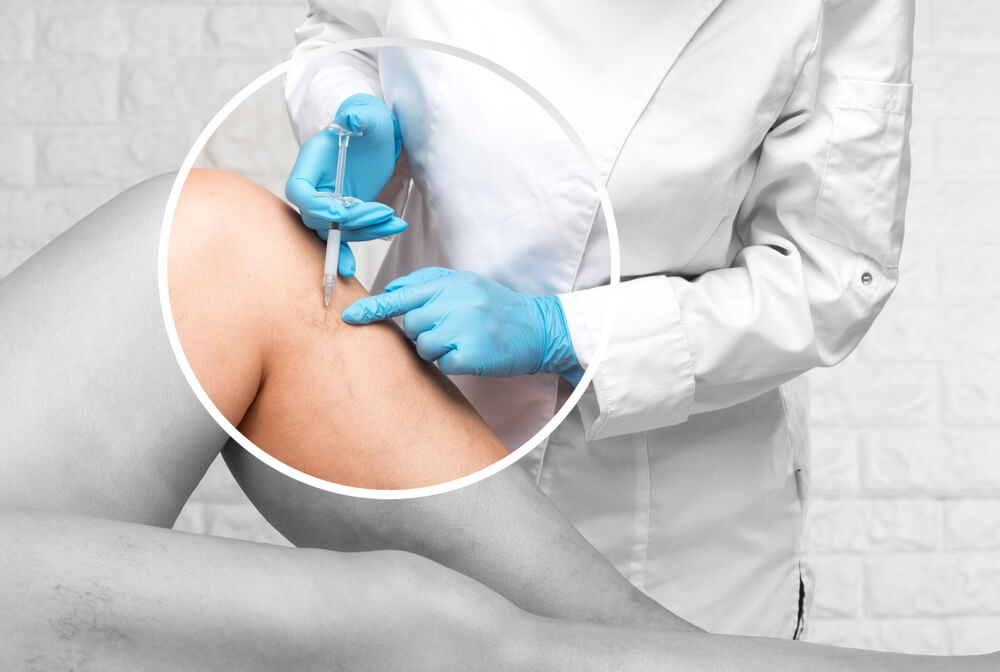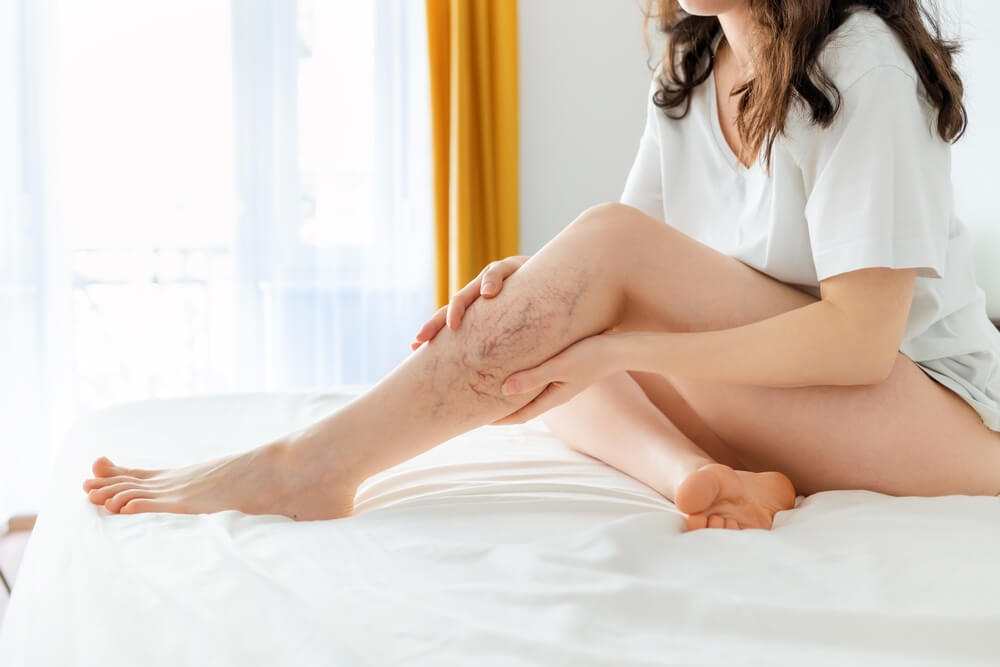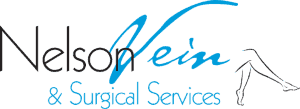Genetics and Vein Disorders: Understanding Your Family History
September 2, 2024

Understanding Hereditary Vein Disorders
If you have vein problems, it doesn’t necessarily mean you got them from genetics, but if other family members experience the same condition, it’s a definite possibility. That’s especially true if the condition appears whether you and your other family members have the same lifestyle and environmental factors or not. Some of the most common hereditary vein disorders are:- Spider veins
- Varicose veins
- Chronic venous insufficiency (CVI)
- Deep vein thrombosis (DVT)
Common Genetic Markers for Vein Issues
Studies have found 30 different genetic variants that have an association with varicose veins, and there are markers for other types of vein diseases and conditions, as well. For example, some studies have indicated that chronic venous disease (CVD) has a genetic component. That doesn’t mean everyone with the genetic risk factors for these conditions will experience them, but only that their predisposed risk is higher.
How Family History Influences Vein Health
Family history influences vein health in two different ways: genetics and environment. Both of these can play a big role, since many genetic risk factors for vein disease can be mitigated by a healthy environment and lifestyle that reduces the risk of developing vein issues, and the severity of any vein disease that does develop.Genetic Factors
Genetics are passed down from one generation to the next. Not every marker a parent has will make it to their child, but many do. It’s the reason you may have your father’s blue eyes, while your sister’s eyes are green. It could also be why you’re tall or short, or why you have specific facial features or a particular body shape. These factors affect so much, including the health of your veins and circulatory system.Environmental Influences
The other part of your family history that affects so much of how you age is your environment. The way you were brought up, what you learned, and what you were exposed to as a child all create patterns for how you do things as an adult. While those patterns can certainly be changed and relearned in a way genetics can not, they can definitely influence your lifestyle and how well you take care of your overall health—including your veins!Genetic Testing for Vein Disorders
Among the ways to get help with vein disorders is to undergo genetic testing that can help determine whether you’re predisposed to them. Then, you can work to reduce their impact on your life. Genetic testing might include:- Family studies
- Gene expression methods
- Genotyping methods

Managing Inherited Vein Conditions
If you’ve inherited a vein condition from one or both parents, or from relatives further back in your history, the best way to address it is with awareness and management. Knowledge really is power when it comes to healthcare decisions, because knowing where your condition likely came from and what to expect from it can go a very long way toward managing it well.Follow Your Doctor’s Advice
To protect yourself and the health of your veins as much as possible, work with our doctor for management and treatment of varicose veins, spider veins, and related vascular concerns. If you have issues with DVT or clotting you may need a specialist who handles those kinds of conditions. By working with a trusted medical professional and following their advice for your specific condition and lifestyle, you can keep your vein health as strong as possible.Preventive Measures for Those With Genetic Predisposition
Knowing you have genetic risk factors isn’t the same as having the disorders themselves. In some cases you may be able to prevent your risk from developing into a condition by making the right preventive and proactive choices. For example, to reduce the chances of developing varicose veins, consider:- Get enough exercise to keep the blood moving
- Eat healthy, and choose quality foods
- Don’t sit or stand for long periods every day
- Don’t smoke, and don’t drink heavily
